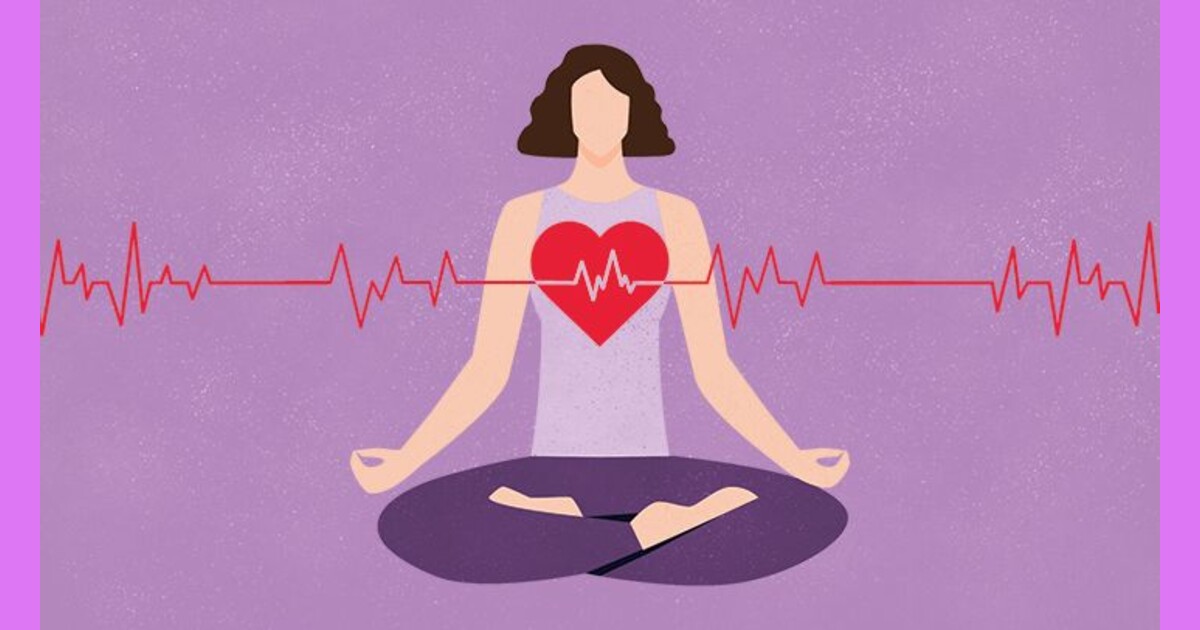Did you know that meditation and acts of kindness can actually help lower blood pressure? It’s fascinating stuff we’re about to dive into. Let’s get started!
Mindful Living: How To Lower Blood Pressure
New research, compiled by an international panel of medical experts from 18 countries and published in the Journal of Hypertension, suggests that mindfulness practices like meditation and acts of kindness could significantly lower high blood pressure.
While conventional advice includes dietary changes, weight management, and quitting smoking, this study emphasizes the crucial mind-body connection in managing hypertension.
Professor Bryan Williams, one of the study authors, highlights the importance of addressing stress through mindfulness techniques, even though they may appear “soft” compared to pharmaceutical interventions.
He encourages individuals to allocate time for relaxation activities, such as listening to music, going for a walk, or exercising at the gym, to reduce stress’s impact on the cardiovascular system.
High blood pressure, or hypertension, affects nearly half of Americans and 30 percent of people worldwide, increasing the risk of heart attacks and strokes.
To combat this health issue, the paper recommends various lifestyle changes, including good sleep hygiene and mindfulness practices like meditation, yoga, and controlled breathing exercises. Additionally, it suggests incorporating music therapy, gratitude practices, acts of kindness, and self-soothing techniques into daily routines.
Quality sleep is deemed essential, with experts recommending seven hours of restorative sleep to minimize stress-related health risks. Monitoring sleep quality through phone apps can be helpful in achieving this goal.
The report also evaluates trending health tips from social media. While acknowledging that TikTok tips like Omega 3 fish oil, probiotics, pomegranate and beetroot juice consumption, and caffeine moderation offer health benefits, it emphasizes the need to base health decisions on scientific evidence rather than fads.
In addition to mindfulness practices, the paper advocates limiting exposure to pollution and environmental toxins for better overall health. While medications can be prescribed by doctors, they should complement lifestyle changes rather than substitute for them.
This research aligns with previous studies highlighting the significant impact of lifestyle on blood pressure. For instance, another study found that just 30 minutes of phone use per week could negatively affect blood pressure, emphasizing the importance of managing screen time.
Furthermore, regular sexual activity has been linked to lower blood pressure in a separate study.
In conclusion, the international panel of medical experts emphasizes the role of mindfulness practices, acts of kindness, and lifestyle changes in managing high blood pressure.
This holistic approach, combined with reducing exposure to pollutants, provides individuals with effective tools to protect their cardiovascular health.








Leave a Reply
You must be logged in to post a comment.